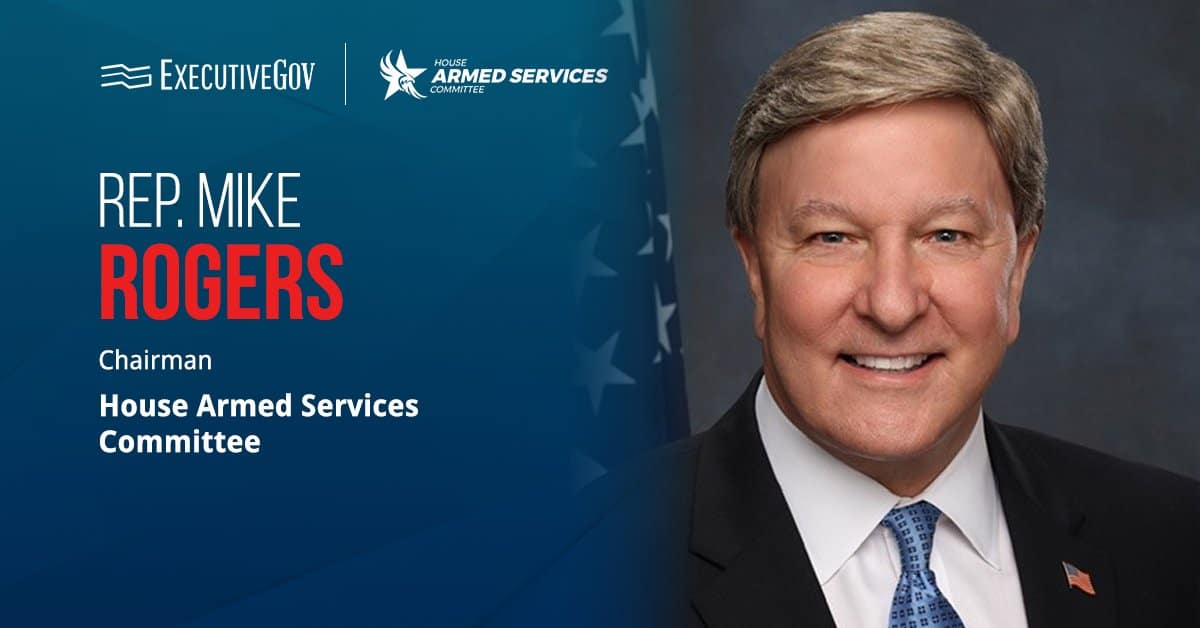The Department of the Air Force has deployed functionality updates to an information technology system that helps DAF personnel write and process contracts for acquisition programs.
Version 3.04 of the CON-IT software marks the largest program release to date and supports the department’s transition of data from the legacy contract writing automation software suite ConWrite, the Air Force Materiel Command said Friday.
DAF updated the platform in accordance with version 2.6.1 of the Procurement Data Standard, which supports the formatting of clauses and other text fields.
The low-code application supports more than 1,700 users at the same time and runs at a speed of up to 369 milliseconds when processing a large number of line items.
CON-IT has served as DAF’s contract management system since 2018.





